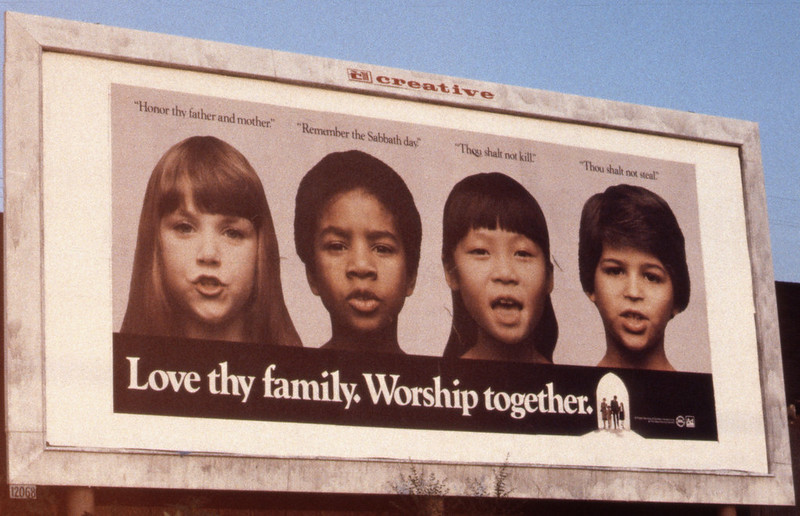One of the things that's nice about reading in different translations is that variations in renderings will cause different things to stand out. Recently, I was reading Hebrews 13:2 where it reads, "don't forget to be friendly to outsiders." Most other translations use the term "show hospitality," and that was the way I had remembered this verse. This caused me to do a little research on the term "be friendly" or "show hospitality."
The term "show hospitality" comes from one Greek word: philoxenia (φιλοξενία) which is a noun meaning hospitality or love for/to strangers. This term is used in the the following verses:
Romans 12:13 (ESV)
Contribute to the needs of the saints and seek to show hospitality.
Hebrews 13:2 (ESV)
Do not neglect to show hospitality to strangers, for thereby some have entertained angels unawares.
Contribute to the needs of the saints and seek to show hospitality.
Hebrews 13:2 (ESV)
Do not neglect to show hospitality to strangers, for thereby some have entertained angels unawares.
There is a similar adjective also used in the Bible: philoxenos (φιλόξενος) meaning hospitable or given to hospitality. This term is used in the following verses:
1 Timothy 3:2 (ESV)
Therefore an overseer must be above reproach, the husband of one wife, sober-minded, self-controlled, respectable, hospitable, able to teach,
Titus 1:8 (ESV)
(of elders) but hospitable, a lover of good, self-controlled, upright, holy, and disciplined.
1 Peter 4:9 (ESV)
Show hospitality to one another without grumbling.
Therefore an overseer must be above reproach, the husband of one wife, sober-minded, self-controlled, respectable, hospitable, able to teach,
Titus 1:8 (ESV)
(of elders) but hospitable, a lover of good, self-controlled, upright, holy, and disciplined.
1 Peter 4:9 (ESV)
Show hospitality to one another without grumbling.
Both of these terms come from two other Greek words:
philos (φίλος) and adjective meaning: loved, dear, befriended, friendly, kind; you might recognize the Greek stem in the name of the city Philadelphia, the city of brotherly love.
xenos (ξένος) an adjective meaning: strange, foreign
xenos (ξένος) an adjective meaning: strange, foreign
To summarize, there are five verses in the New Testament that suggest that we should be friendly, kind or loving towards those who are strange or foreign to us.
When I saw these Greek terms, I was reminded of another Greek word that has made its way into the English language but was little used until our current president came to power: xenophobia. Xenophobia combines the Greek term xenos (strange or foreign) with phobia or fear.
 |
| Statue that tries to elicit fear, in this case fear of suffering in hell |
Xenophobia is kind of like the opposite of philoxenos or philoxenia, it is the fear of things strange or foreign. It seems almost normal for politicians to say things to make us afraid of uncertainty or the unknown—with the premise being that they are the ones best suited to deal with these things. In the past few years some have emphasized being afraid of people who aren't like us white folk: Mexicans, black people, Asians, you name it. Others make it seem like people with white skin are the ones to be feared.
I have written elsewhere of how racism is often a symptom of underlying fear. We can be afraid of people for lots of reasons. Maybe we've heard stories about how differently-colored people are violent, and without questioning the veracity or context of the stories, we are afraid. Maybe we're afraid that we might lose our jobs to people of a different race. Maybe we're afraid that if we try to make friends with other-colored people, we might have to confront the truth about ourselves, our biases and our sinful attitudes, including why there was never a reason to be afraid of them in the first place. In other words, we're afraid we might be wrong about them. The list could go on.
As the verses above show, xenophobia has no place in the church. Xenophobia is not a fitting character quality for Christian leaders. We are to welcome the strangers, not be afraid them. I admit I have an advantage here because I'm the kind of person who is drawn to people and things exotic and foreign. That's one of the reasons I've been able to live much of my adult life in other countries among people of different colors and languages. Even my wife was a bi-cultural and bi-lingual citizen of a foreign country when I met her and her foreignness was part of why I found her appealing.
 |
| Could I overcome my fear of strange food to eat this? |
Even so, I am not immune to xenophobia and I have to be careful not to let it creep into my life. When I am bombarded with messages that try to make me afraid of a certain class of people, I have to make sure I am not sucked into that way of thinking.
I also have to watch out that freak experiences don't affect me in a negative way. One time someone tried to rob me at knife-point. It happened to be a black person but it just as well could have been a white person, I just happened to be in a predominantly black neighborhood at the time. I remember feeling afraid of black people for a several weeks after that—even while feeling guilty about feeling that way at the same time. It made no sense for me to have this fear, because I had already spent eight years living in a country that was 98% black and never had any problems. I had worked for two years in Alabama with a black supervisor who was as competent and professional as any white person I have ever known. Yet Satan was determined that I let one little incident try to twist my thinking.
Xenophobia is not from God. In fact, God sent his Son to a foreign place (from heaven to earth) where he showed love even to those determined to kill Him. Jesus was the ultimate example on how to live a life characterized by philoxenos, and we should follow his example.

